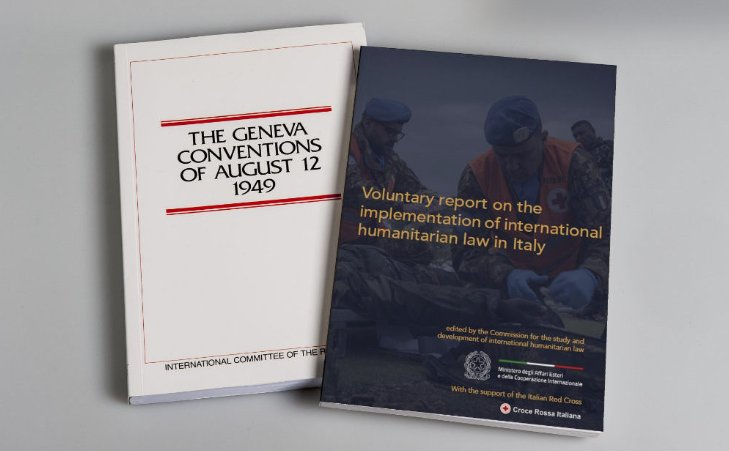News & Events
2024/04/15
Toward a Universal Culture of Compliance with IHL
In the realm of international human rights treaty systems, no compulsory reporting mechanism exists for state parties to the primary international humanitarian law (IHL) treaties. Nevertheless, increasing attention has been directed towards the potential efficacy of national reports and compatibility studies concerning the domestic integration of IHL.
These reports, as defined by the International Committee of the Red Cross (ICRC), encompass "any document drafted by or with strong state involvement, often with the support of its national IHL committee and sometimes with the assistance of a National Red Cross or Red Crescent Society." Their purpose is to delineate the extent to which international legal obligations have been assimilated into the domestic framework (including law, policy, and practice) and to pinpoint areas necessitating action.
Recent times have witnessed a notable shift, particularly with the proposition presented at the 32nd International Conference to establish a regular "Meeting of States on IHL." Stemming from a series of state gatherings, the Concluding Report (32IC/15/19.2) on Resolution 2 underscores how "states generally consider a reporting function to be an important tool for strengthening compliance with IHL." Notably, discussions during this process primarily centered on the potential types of periodic reports and subsequent follow-up mechanisms.
While drafting voluntary national IHL reports presents drawbacks and advantages, the merits outweigh the demerits. These instruments serve as tangible indicators of the political commitment of states toward IHL. They serve as vital self-assessment tools at the domestic level, bolstering compliance with IHL and pinpointing areas necessitating enhanced implementation efforts.
Reference: Humanitarian Law & Policy
